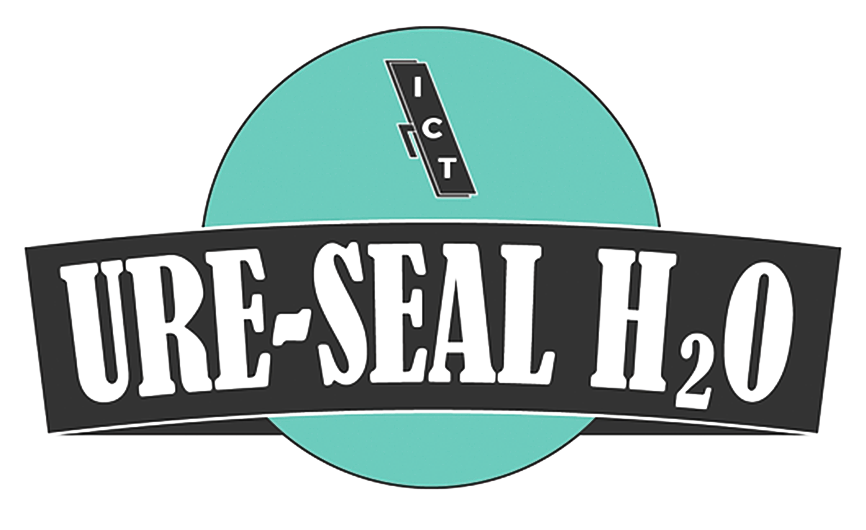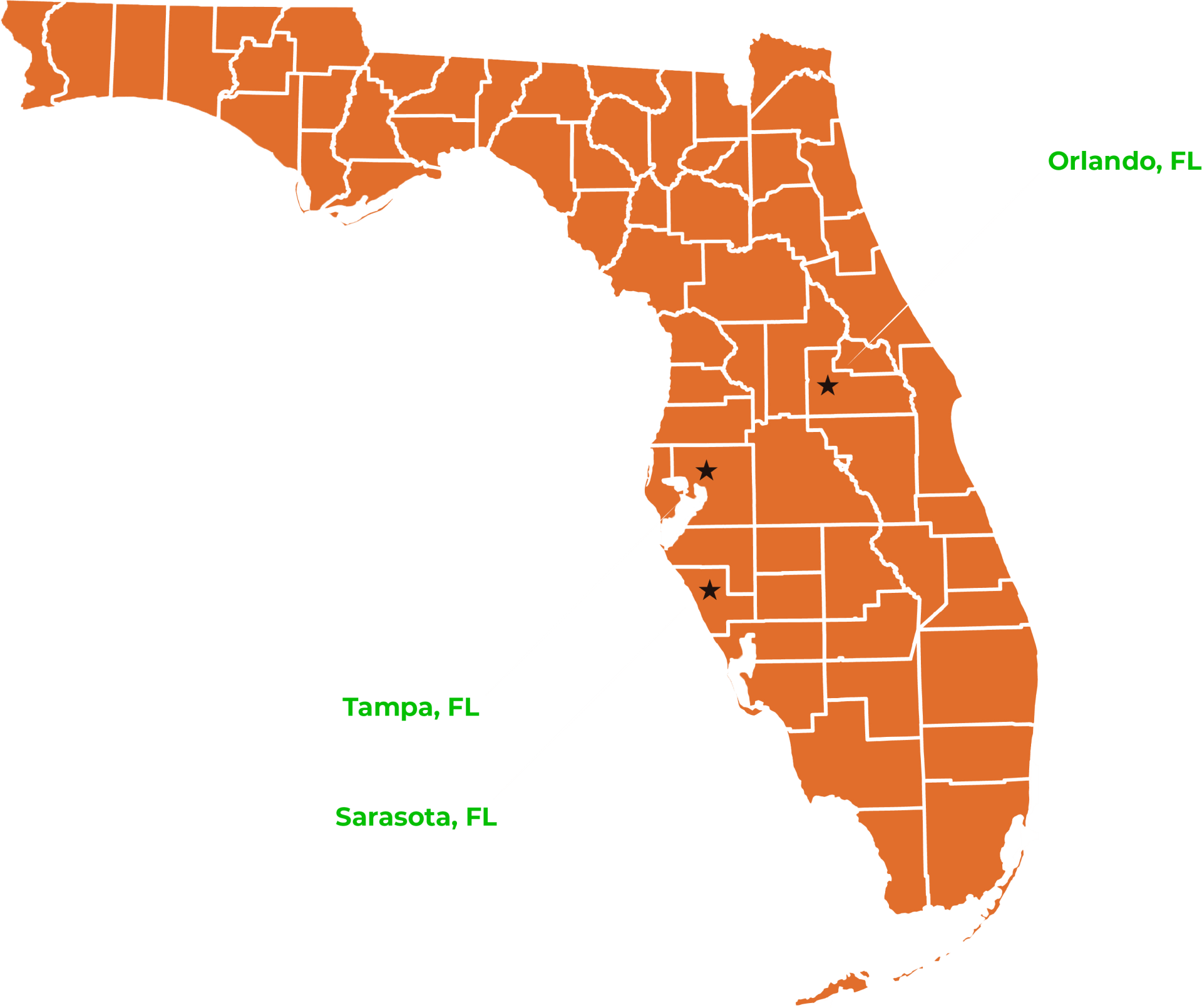Seal or Not to Seal
Why Seal Brick, Travertine, Natural Stone or Artificial Stone Pavers?
To Seal or Not to Seal?
Homeowners with Brick, Travertine, Natural stone or Artificial Stone Pavers Questions Answered
By
Dana Wyandt, Master Sealing Expert
©2013
Q: Why do I need to seal Brick, Travertine, Natural stone, or Artificial stone Pavers?
I have been a Sealing Craftsman since 1983 and this is one of the most frequent questions I receive from customers.
A: Protection of your investment from deteriorating rain, and make it stain and mildew resistant.
As a homeowner you have invested a lot of time and money in the individual design of your home, both inside and out. Many times pavers made of brick; travertine, artificial stone, or natural stone are used on driveways , walking paths, pool decks , and patios, and are being damaged. The Florida sun tends to fade the color. Look at sealing like waxing a new car’s paint job. The paint job can be from the best paint money can buy, but if you don’t take that final step and put a protective wax over it, it will only last a couple years instead of a life-time.
The paver physically breaks down and deteriorates from weathering and traffic, which also leaves the pavers susceptible to stains. Many things can permanently stain your pavers such as drinks, food, suntan oils, dirt from a common walking area, and grease from grill. Then there is mildew, which can penetrate deep into the paver and cannot be removed ever. On driveways oil and rust from cars.
To most people, bricks seem very hard, but actually they are soft and dissolve from rain very quickly. Just look at the area of your pavers that are under a roof cover, now look at the exposed area, many times you can see the tiny white rocks that make up the concrete mixed they used to make your pavers. That deterioration cannot be fixed. What you can do is stop it from this point on with the proper sealer, a professional who specializes in sealing pavers, and the proper maintenance time frame (about every three years).
Problems arise when they have never been sealed, sealed with an off the shelf “hardware store sealer,” or just had a bad sealing job. When you use the right product and it is applied the right way, then your pavers will have a protective barrier and the deterioration process will be stopped in its tracks. While the sealer does not stop 100% of the issues, it will help the “deep” penetration from oil spills, rust from water, dirt and grime, etc. making future clean up easier. The sealer we exclusively use (Seal-n-Lock) which also hardens your joint sand to protect from loss that occurs with natural weathering, weeds and insects.
Sealing will also protect the original color and appearance, may enhance the natural tones of the pavers and rock, and sometimes gives stones a “wet” look. The level of shine on your pavers or stones depends on several factors. Some factors are the smoothness of the surface and the concrete content of the pavers. Driveway pavers and coping around pool edges will usually shine better because they are higher in concrete content so they hold the sealer closer to the surface. Thin pavers will sometimes be higher in sand and lower in concrete because they don’t have to hold the weight of a vehicle. Also, pavers that have never been sealed or are really weathered with a rough surface, will sometimes absorb more sealer inside, and not look as shiny. Sealing will always darken the color similar to as if they were wet with water. To get an idea of how they may look sealed just wet an area with water. The shine level is dependent upon the porosity of the paver. Sealers do also come in various finishes to help get the look you are looking for.
After Tropical seals your pavers, we make sure you have a clear picture of how to keep your pavers well maintained the most labor and cost-effective way. We provide year around support long after the job is complete. Both our above and beyond cleaning process, and our proprietary sealing process are why we are the best sealing company in Florida . This reputation is not an accident, but is from nose to grind stone, very hard work day to day. I am a very tough boss, but my crews care for me, because the main goal of our team is to achieve a quality final outcome. I am a perfectionist and expect to hit a home run on every job, every day. We seek out life-time customers, and give 24/7 free support.
For more information or answers to your paver questions contact Amanda at (239) 440-5213 .
The post Seal or Not to Seal appeared first on Tropical Paver Sealing.


